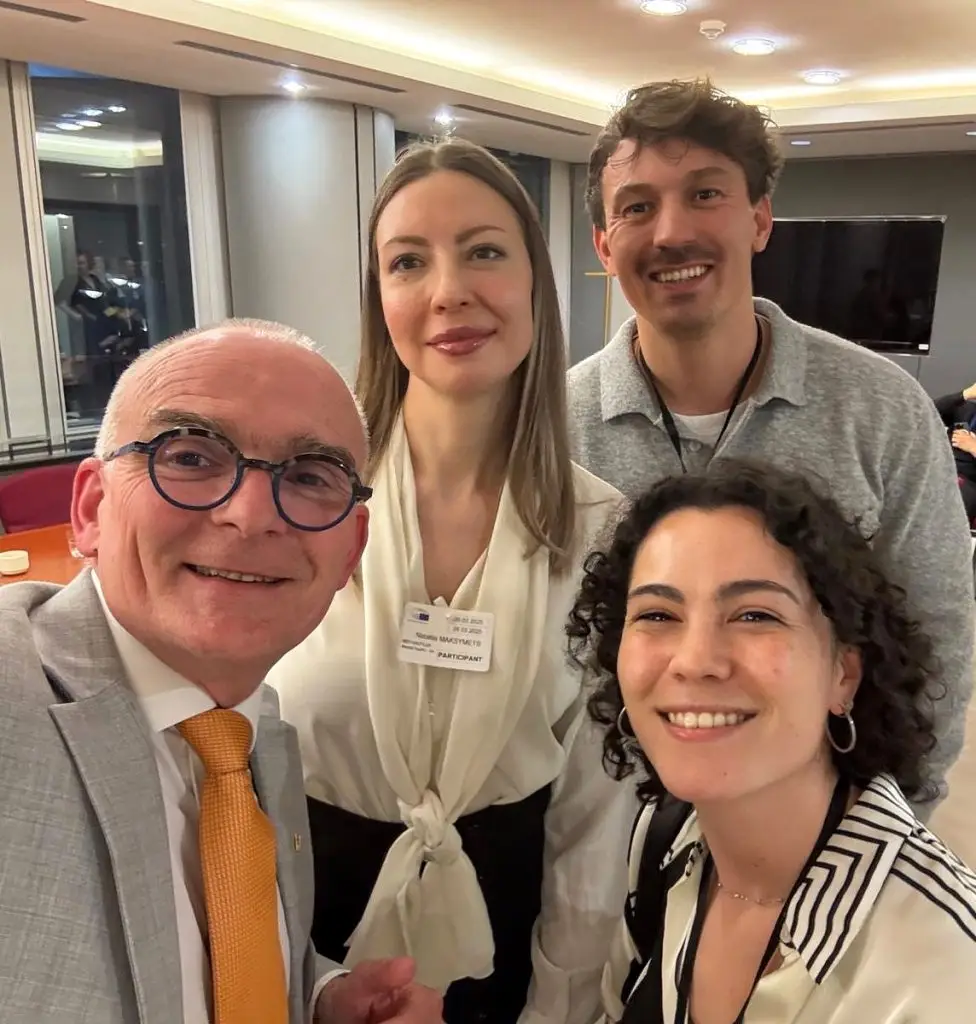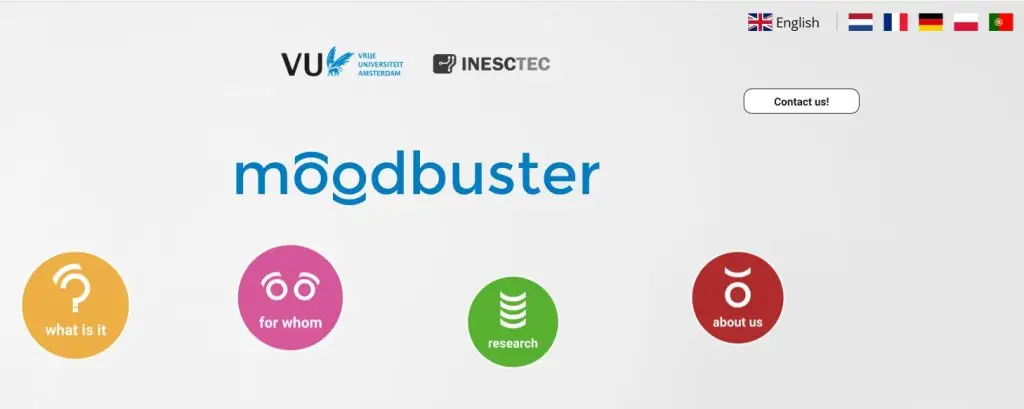Building Trust at the Edge of Regulation — Shaping the Psychedelic Care Ecosystem in the Netherlands
When a country stands at the threshold of legalizing psychedelic therapy, the challenge isn’t just policy — it’s trust.
SYSTEMIC CHALLENGE
After breakthrough research on MDMA-assisted therapy, the Netherlands faced a pivotal question: how do you act on promising science when public understanding lags behind?
This wasn’t just a regulatory challenge — it was a test of trust, trauma literacy, and ethical pacing.

To navigate it, the Dutch government convened a multidisciplinary State Commission to explore the clinical, legal, and cultural feasibility of regulated psychedelic care.
MY ROLE
I joined the Commission as a clinical psychologist and communications lead, supporting both the design of the research and the tone of its public-facing engagement.
My contributions included:
- Designing participant surveys with psychological safety built into their structure and sequencing
- Developing trauma-informed email outreach, which significantly improved response rates and data quality — a change we made after noticing early drop-off due to overly formal language
- Co-authoring the landmark paper:
“Guiding Policy and Practice: Expert Recommendations for MDMA Therapy in Europe” - Helping align cross-sector contributors — from scientists and legal advisors to frontline clinicians — around shared language and messaging integrity
As a psychologist, I approached every communications decision not only through a strategic lens, but through clinical insight — attuned to tone, emotional readiness, and the risks of re-traumatization in policy discourse.
BEYOND THE COMMISSION
This work didn’t end at publication — it opened doors and deepened trust:
- Policy Shift: The Dutch State Commission formally recommended the legalization of MDMA therapy for PTSD — a position directly shaped by the work I supported.
- Platform Participation: I was invited to join the new European Platform for Regulation of MDMA in Clinical Care as a strategic communications expert — focused on building bridges across clinical, cultural, and ethical lines
- European Parliament Roundtable: I traveled to Brussels to speak on novel mental health strategies for Ukraine, helping contextualize psychedelic care through the lens of displacement and systemic trauma

RESULTS
- Policy influence: My co-authored paper contributed to a national recommendation to legalize MDMA therapy
- Cross-national leadership: Invited to guide strategic communications across the European regulatory platform
- EU-level advocacy: Participated in a high-level roundtable on psychedelic trauma care for displaced populations
- Community building: Supporting narrative and trust infrastructure across Ukrainian research and mental health communities
- Storytelling strategy in motion: Designing communications architecture for psychedelic care that is safe, honest, and resonant
EXPERTISE IN ACTION
- Clinical Psychology (Trauma & Psychedelic Readiness)
- Ethical Communications Strategy
- Cross-Cultural Research Facilitation
- Policy-Influence Writing
- Narrative Design in Emerging Health Systems
- Ukrainian Mental Health Advocacy in Psychedelic Contexts

REFLECTION
This case isn’t “finished” — and that’s what makes it matter.
I’m not just supporting systems that work. I’m helping build the ones we’ll need next.
Because progress rarely begins with a policy.
Often, it begins with a reworded sentence. A shift in tone.
A single moment when someone feels seen — and responds.
WHAT IS HAPPENING NOW
Later this year, I’ll participate in a MAPS educational program — holding two roles:
- Ukrainian clinical psychologist — to deepen my expertise in trauma-sensitive psychedelic care
- Communications strategist — to build narrative alignment between Ukrainian psychologists, European policymakers, and the MAPS community
I’ve already designed a storytelling strategy around the program— including long-form articles and social content — and am currently in conversation with MAPS to ensure ethical alignment in how the work is communicated.
STILL IN MOTION
So this isn’t a case study with a clean ending.
It’s a snapshot of real-time systems work — where the metrics aren’t just outcomes, but alignment, traction, and trust.
In fields like psychedelic regulation, trauma care, and cross-cultural mental health, the most meaningful impact rarely arrives as a single win.
It unfolds through tone. Through consensus. Through frameworks that outlast the room.
That’s the kind of work this case study holds: Still in motion. Still earning trust. Still building the future it names.
Related Posts

Building Trust at the Edge of Regulation — Shaping the Psychedelic Care Ecosystem in the Netherlands
Building Trust at the Edge of Regulation — Shaping the Psychedelic Care Ecosystem in the Netherlands When a country stands at the threshold of legalizing

Localizing Moodbuster for Displaced Ukrainians — Bridging Science and Human Story
Localizing Moodbuster for Displaced Ukrainians — Bridging Science and Human Story When the Script Was My Story: Localizing a Depression Tool with Clinical Insight and

Delivering Trauma-Aware Mental Health to 150,000+ Displaced Ukrainians
Delivering Trauma-Aware Mental Health to 150,000+ Displaced Ukrainians What it takes to localize digital and face-to-face mental health support at scale — without losing clinical



